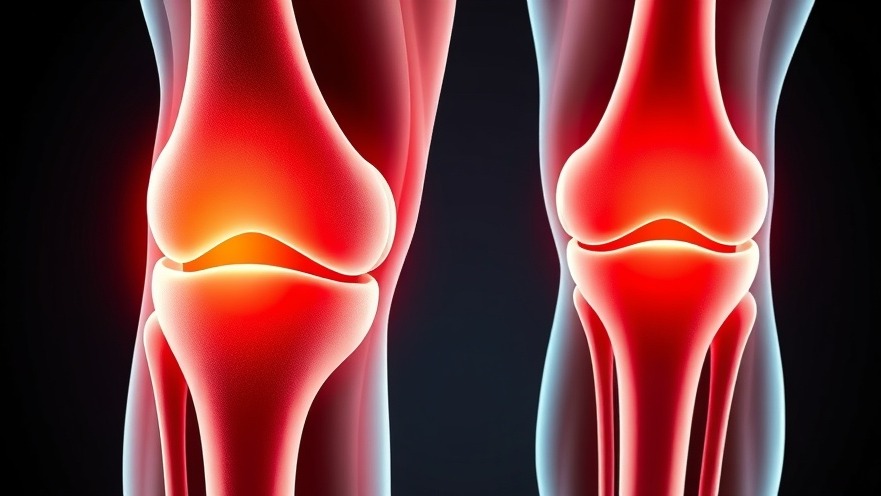
Understanding Posterior Cruciate Ligament (PCL) Injuries
The posterior cruciate ligament (PCL) plays a critical role in maintaining knee stability, working in tandem with other ligaments. This strong band of fibrous tissue holds the femur to the tibia, preventing the latter from moving backward. Injuries to the PCL, while less common than those affecting the anterior cruciate ligament (ACL), can lead to long-term issues if not properly addressed.
Causes of PCL Injuries
PCL injuries often occur due to significant trauma. These can include scenarios such as:
A direct impact such as a car crash, where a bent knee strikes the dashboard,
Falling on a bent knee during sports,
Twisting injuries, particularly in contact sports like football and rugby.
A unique factor to note is that PCL injuries require considerable force, making them less likely to result from simple missteps.
Recognizing Symptoms Early
Those suffering from a PCL injury may experience swelling and pain that escalates shortly after the incident. Other symptoms include:
Stiffness in the knee,
Instability when trying to use the knee normally,
Pain that worsens with activity.
Being aware of these symptoms is crucial, particularly for digital nomads who may find themselves in situations where immediate medical attention is not accessible.
Recovery and Rehabilitation Insights
Not all PCL injuries necessitate surgery. Many partial tears can heal independently, allowing individuals to return to their regular activities, including sports. Rehabilitation typically focuses on:
Strengthening surrounding muscles,
Improving flexibility to prevent further injury,
Gradually increasing activity levels.
Working closely with a physiotherapist who understands your unique circumstances while traveling abroad can enhance recovery outcomes.
Practical Tips for Digital Nomads
As a digital nomad, maintaining health and wellness during your travels is essential. Here are some actionable tips to help you stay fit and avoid injuries like PCL strains:
Choose ergonomic workspaces: Ensure your workspace supports good posture to avoid unnecessary strain on your knees.
Stay active: Incorporate regular physical activity, focusing on exercises that strengthen your legs and improve balance.
Be mindful of your surroundings: When traveling, always be cautious of environments that could pose a risk of falls or other injuries.
Conclusion
PCL injuries are serious yet manageable with the right knowledge and approaches. By staying informed about your body's capabilities and limitations, you can continue to live an active lifestyle while traveling the world. If you suspect a PCL injury, seek medical advice promptly to ensure proper treatment and rehabilitation.
Staying proactive about your health is especially vital for digital nomads. Invest in some time to learn about local healthcare options and stay fit while enjoying the flexibility that comes with your lifestyle.
 Add Row
Add Row  Add
Add 




Write A Comment